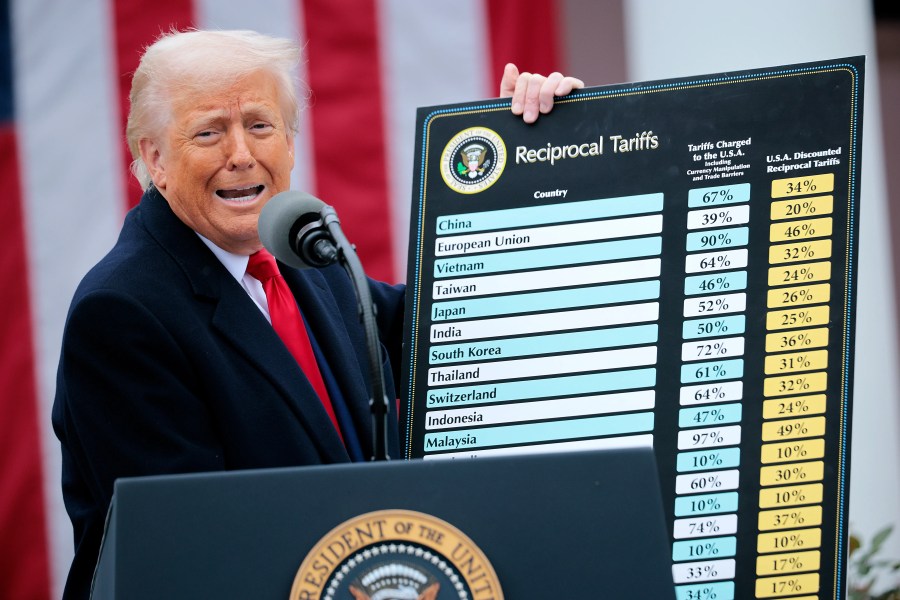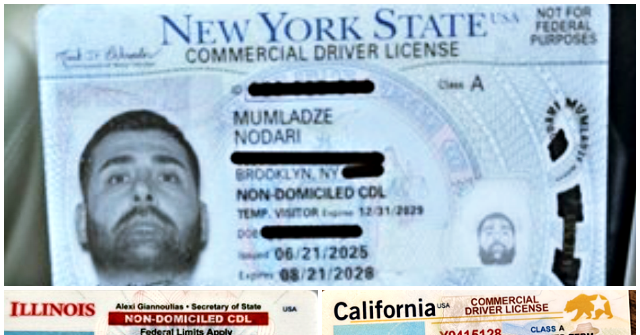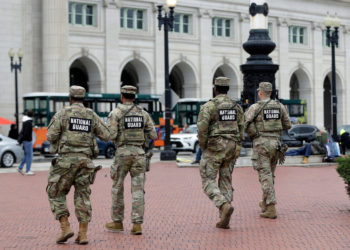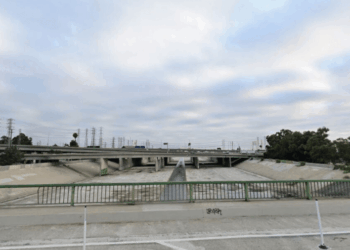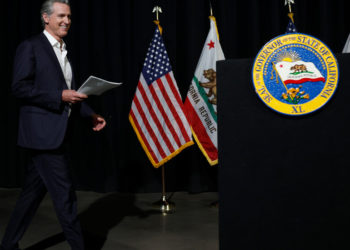The world’s wealthiest individuals woke up to a financial nightmare this week as President Donald Trump’s aggressive trade war sent shockwaves through global markets, slashing stock portfolios and erasing billions in personal fortunes. Dubbed the “Liberation Day” tariffs, Trump’s latest salvo—a 34% levy on Chinese imports matched by Beijing’s retaliatory measures—has triggered a historic two-day stock market plunge, wiping out an estimated $6.6 trillion in value worldwide. For the uber-rich, the fallout is personal: the Bloomberg Billionaires Index reports that the top 500 richest people lost a staggering $208 billion in the wake of the announcement, with tech titans like Jeff Bezos and Mark Zuckerberg taking some of the hardest hits.
The chaos began on April 3, 2025, when Trump doubled down on his protectionist agenda, imposing sweeping tariffs not just on China but on 185 countries, including steep rates on Vietnam (46%) and Japan (24%). His promise? To “Make America Wealthy Again” by forcing manufacturing back to U.S. shores. But the reality has been far less rosy. The Dow plummeted 2,200 points on Friday alone, the Nasdaq slid into bear market territory, and the S&P 500 recorded its worst day since the 2020 pandemic crash. Investors, spooked by the specter of a prolonged global trade war, fled to safe havens like bonds and gold, leaving equity-heavy portfolios—especially those of the ultra-wealthy—exposed to the carnage.
Tech stocks, a cornerstone of billionaire wealth, bore the brunt of the sell-off. Apple, a company reliant on Asian supply chains, shed over $300 billion in market value, dragging down the fortunes of shareholders like Warren Buffett’s Berkshire Hathaway. Meanwhile, luxury goods firms like Kering and Burberry, vulnerable to rising costs and weakening consumer demand, saw their stock prices crater. Even Trump himself, who crowed on Truth Social that “THIS IS A GREAT TIME TO GET RICH, RICHER THAN EVER BEFORE!!!”, couldn’t escape the irony: his own business empire, tied to real estate and consumer sentiment, is likely feeling the ripple effects of the market turmoil.
Critics argue that Trump’s strategy is backfiring spectacularly. Economists warn of a looming global recession, with JPMorgan analysts pegging the odds at 60% due to disrupted supply chains and retaliatory tariffs. “This isn’t a liberation—it’s a self-inflicted wound,” said Emily Bowersock Hill, CEO of Bowersock Capital Partners, echoing a sentiment shared by financial advisors urging clients to hold tight rather than panic-sell. Yet for the uber-rich, the damage is already done. The question now is whether Trump will heed calls from figures like Richard Branson, who pleaded for a policy U-turn, or dig in deeper, as he vowed on social media: “MY POLICIES WILL NEVER CHANGE.”
As the dust settles, one thing is clear: the trade war Trump ignited is not just reshaping global commerce—it’s rewriting the balance sheets of the world’s elite. For billionaires accustomed to riding market waves, this storm might be one they can’t outlast.
